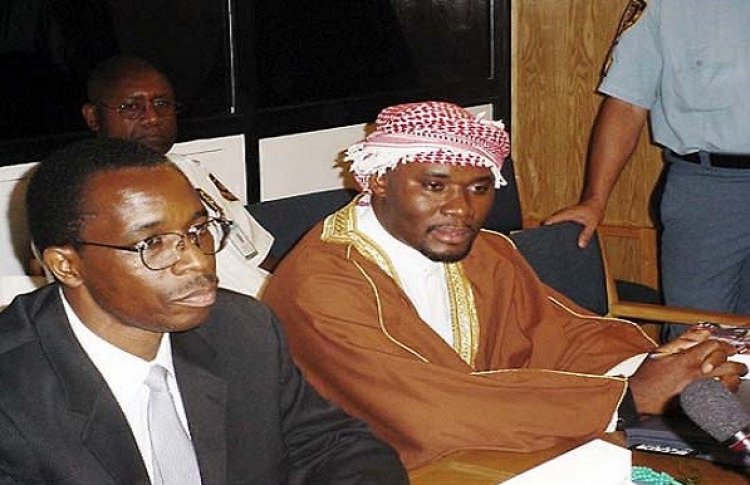Just recently I ‘fled’ the newsroom to reflect and recharge batteries after nearly nine years of intense thinking, pitching, writing and re-writing, and asking questions, or call it ‘chasing stories’.
Due to the pressure and unusual demands the rapidly changing news business puts on scribes, one rarely gets time to give a shit about matters other than stories.
With work pressure alaways way up there – and I enjoyed and would still enjoy it — all I could think about was deadline, stories, and more stories.
But now on leave of absence and minding things other than stories and deadlines, I’m tempted to pay attention to things I usually brushed off like the plagiarists in the profession.
Barometer
The media sector made strides, at least according to official reports, and so should the journalists. The successive media sector reports by Rwanda Governance Board (RGB) suggest that media did impressively well when it comes to aspects such as diversity and plurality.
There has been a constant rise in number of licensed media outlets with over 39 FM and 20 TV stations as at last year, alongside countless online publications.
But whether this resulted in media serving the public better remains the question. Chances are the quality of content they churn out is wanting.
In fact, the 2021 media barometer noted that quality and diversity of content remain a challenge with experts and managers indicating that most stations concentrate on music, sports shows, religious preaching, paid up and direct call-in programs.
Analyses, which are quick to link this largely to the financial constrains facing media outlets, show even those attempting to make a difference are weighed down by rampant plagiarism, a vice that robs them a chance to make return on any investments they deploy in content creation and creativity.
A keen observer of the Rwanda’s media performance recently told a story of how the lengthy daily press reviews at most broadcast stations in town are synonymous with plagiarism and copyright violations.
Theft
“They should be paying for the content they pull from print papers and online publications. Otherwise it is theft,” he said.
He shares the sentiments with Jean Paul Ibambe, a lawyer who has for long served, researched and observed the Rwanda media sector. He now works as programs manager at Legal Aid Forum.
“It makes me wonder because the person who is publishing online has invested money to publish the article and will be selling the traffic to make money, so if Radio and TV a, b, c, d, e are reading the whole articles from online it means no one will go to visit that website because someone has read the stories for him or her in full.”
“The question is how will the author or the person who invested in producing that content going to get back their money,” Ibambe wondered, noting that there is need for regulation model that eradicates such practices.
Best practices
He refers to best practices elsewhere where radio or TV presenters doing press reviews cannot read beyond the headline and the introductory part of articles, or else they risk being sued for plagiarism.
There is evidence to suggest that journalists across broadcast media outlets, big and small, pick content of their print and online peers, in part or in full, each day without the latter’s consent or that of their media outlets, and many barely do attribution.
In particular, plagiarism is rampant among journalists chasing popularity and views online. I will once tell a story of this ‘journalist’ who steals sentences and paragraphs from articles or social media posts of his peers and post them as his own.
He wishes he was good at writing but he refuses to hone the skill. He goes on stealing because he wants to impress. I doubt he will ever make any improvement.
READ: Fingers point at influencers, journalists on fake news
At the face of it, you would put the blame on individual journalists but the reaction one gets upon raising a complaint reveals that even editors themselves either do or condone the stealing.
One would not be wrong to call a section of Rwanda’s broadcast stations or at least their programs an extension of the written press that would run out of content and subsequently become irrelevant if men and women at the publications they review every day laid down tools.
Normalizing plagiarism is wrong. It’s criminal.



